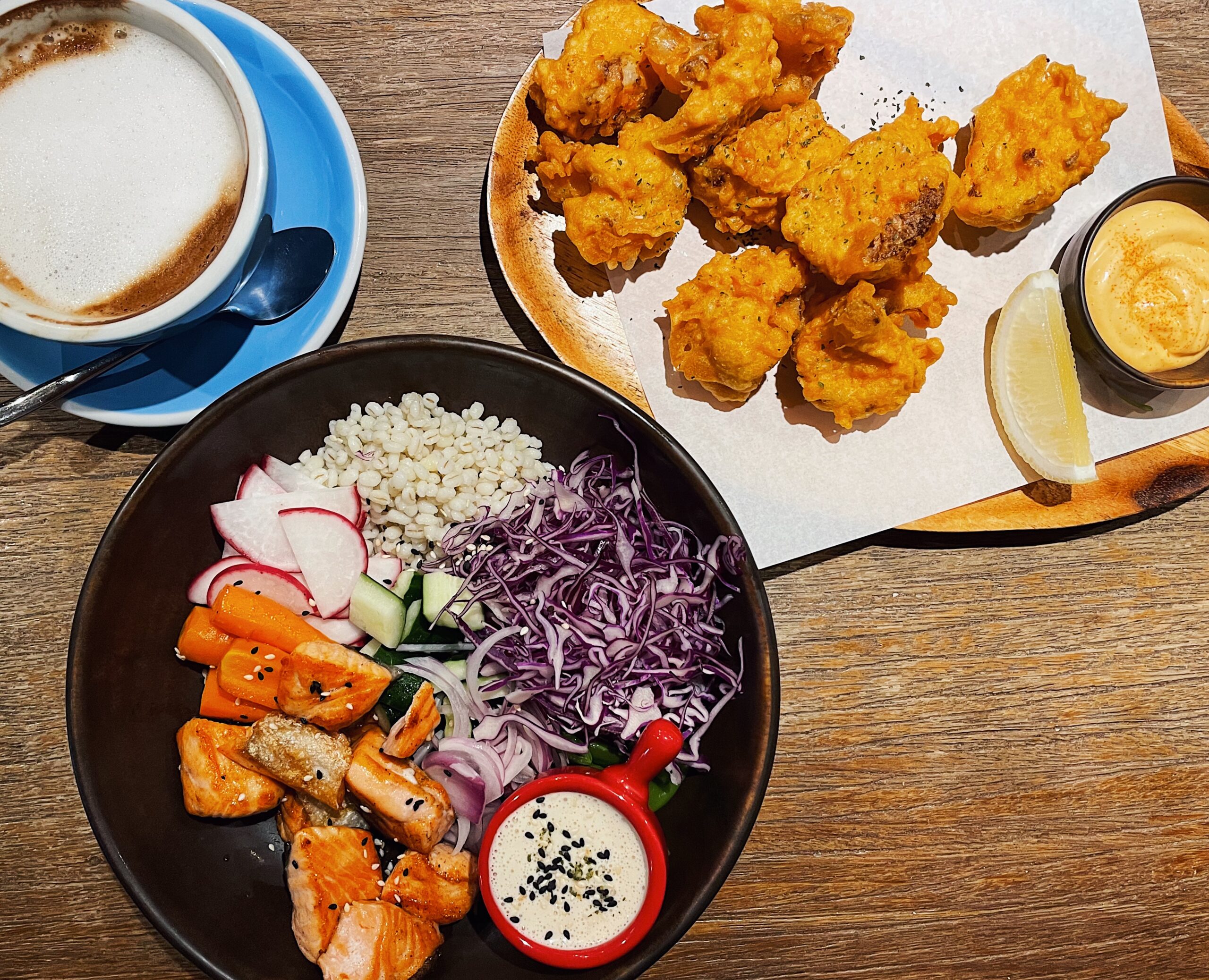Dairy-free, Sugar-free, Soy-free, Fat-free, Gluten-free… Fun-free

(Photo Credit: Pinn Chirathivat) Restaurant is “Luka” in Bangkok, Thailand
The obsession with health and so-called “clean” eating has seemingly taken the world by storm, with the rise of fad diets, fitness influences, and super(expensive)foods alike. Name your favorite guilty pleasure snacks — an *insert society-deemed evil ingredient here*-free version probably exists. From sugar-free Oreos and dairy-free mac and cheese to fat-free whipped cream and oil-free cookies, the list is endless.
Sure, different fad diets and trends have had their fair share of attention, but recently there has been a new wave of healthy eating. It is marketed by health and fitness influencers as a sustainable, realistic way of “freeing” your body from the so-called “evils” of the food industry. Particularly powered by social media, clean eating has gained wild traction and popularity these last few years.

This health craze is centered around eating “whole” and “unprocessed” foods. At first glance, this appears to be the perfect means to cleanse your gut, strengthen your immune system, and promote glowing, clear skin — just like advertised.

However, where I find the red flag to be is where we begin to label certain foods on a binary (and quite honestly, arbitrary) system of “good” and “bad” foods. In falling into the wellness bait, we’ve created villains out of normal, everyday foods such as eggs (high cholesterol), bread (refined carbs), and even bananas (high sugar content). Instead, we’re directed towards alternatives such as paleo, refined sugar-free chocolate bars, probiotic-filled dairy-free coconut yogurt, and spirulina detox green juices — not to mention at a hefty price point.

This system also creates a sense of morality around food, but eating is not so black and white. Everyone was built with distinct, unique bodies that react differently to a variety of foods. What food one individual deems anti-bloating may, in fact, be the cause of bloating for someone else. So here’s my hot take: “clean” eating is overrated.
This is not to invalidate the genuine health concerns of individuals, nor is this to critique anyone’s diet of choice. Those with Celiac disease should definitely avoid gluten. If you’re lactose-intolerant, by all means, opt for the dairy-free cream cheese. If you’re vegan, all the more power to you! And of course, filling your plate with lots of fruits and vegetables, whole grains, nuts and seeds, and organic fish and meats is a good thing. After all, the goal should be to adopt an active, healthy lifestyle to live a long, happy life. But this doesn’t necessarily have to look like cutting out all sugar, oils, and carbs just because your favorite Youtuber claimed those would ruin your health grind.
Eat your greens, but also have that slice of pizza. Take the glass of water over Sprite at dinner, but also bake those cinnamon rolls for breakfast! The bottom line seems to be all about balance; no one food has the power to change the trajectory of your health!